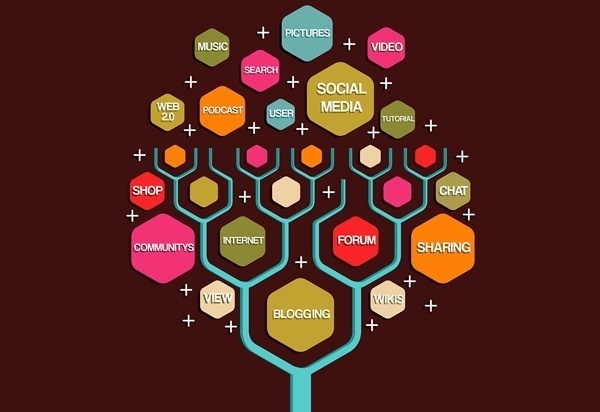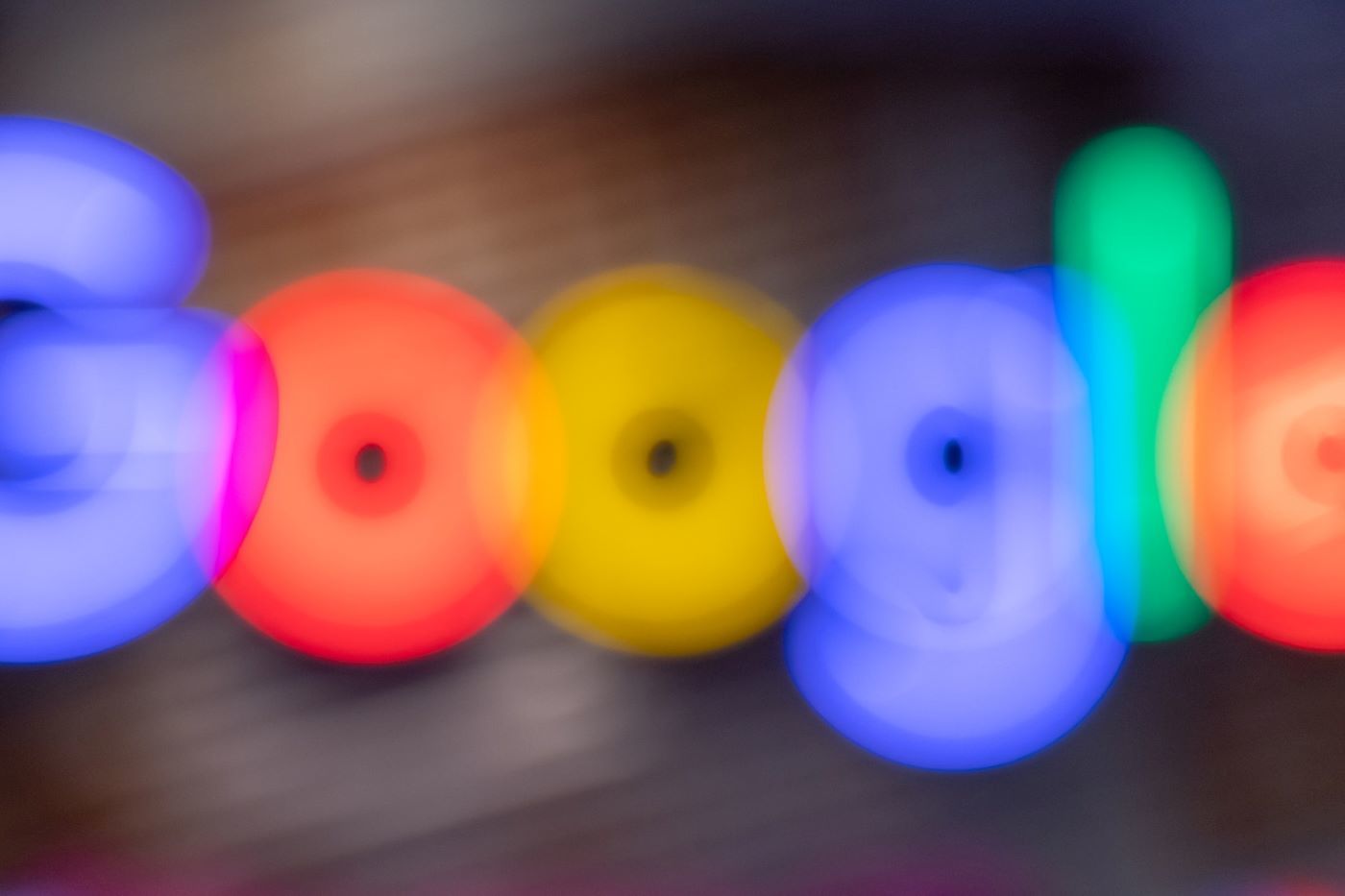The New Travel Search
If your job is to get bookings for a UK travel or hospitality brand, we need to talk about AI. The way people plan holidays has changed forever. It is no longer just about Google’s ten blue links and hasn’t been for quite some time.
A customer might search on TikTok, Instagram or Facebook, ask Google’s AI Mode (Search Generative Experience, or SGE) or a tool like ChatGPT to “Plan a weekend in London for foodie couples who want boutique hotels near markets” At Koozai, we call this shift Search Everywhere, and it means your visibility strategy needs to grow up, fast.
These AI tools pull everything together: a personalised itinerary, accommodation suggestions, and things to do, all in one place. If your brand is not mentioned in that AI-generated summary, you simply do not exist to that customer.
Mentions are the New Clicks
For years, we all focused on getting that number one spot in Google Search.
That world is over.
In the AI-first world, your goal is to be the brand that the AI mentions and recommends consistently. You need to appear in the AI’s answers because that is where the discovery and planning now happen.
This is not just about optimising for keywords anymore. This is about Generative Engine Optimisation (GEO), which is all about getting your content structured so that AI models trust it enough to use it in their summaries.
The Two Pillars of Winning in AI Travel Search
To make sure your brand is found everywhere, you need to work on two core areas. Think of it as a confidence building exercise for the AI.
Pillar 1: Get Your House in Order (Structured Content)
AI tools love clear, organised data. They do not want to read an essay, they want the facts.
The secret weapon here is schema markup (code that helps search engines understand what your content means). This is how you speak the AI’s language.
- For Hotels and Venues: Use schema to clearly tag your name, address, star rating, amenities (like a pool or free breakfast), and prices.
- For Activities and Deals: Use event and offer schema to tell the AI exactly when your seasonal packages run and what they include.
- For Questions and Answers: Implement FAQ schema (code for common questions and answers) on your booking and information pages. Answer questions like “Is your hotel pet-friendly?” directly in a sentence or two
There’s more indepth tips in our whitepaper Search Everywhere: How Hospitality and Travel Brands Can Win in AI Driven Search.
By structuring your content this way, you make it easy for the AI to pull your brand details when a customer asks a complex question.
Pillar 2: Build AI Authority Signals
An AI assistant will only recommend you if it is absolutely sure you are trustworthy.
It is looking for authority signals (markers of credibility and trustworthiness) across the web. You need to prove you are the real deal, not just a high-ranking blog post.
Here are the signals AI values most:
- Citations and Entity Recognition: AI systems look for consistent mentions of your brand name, address, and offerings across respected third-party sites. Claim and update your profiles on Google Business, TripAdvisor, and other industry directories. Consistency builds trust.
- Reviews and Social Proof: Reviews on platforms like Google, Yelp, and TripAdvisor are now crucial for AI-driven recommendations, especially for local queries. Positive customer sentiment acts as a powerful vote of confidence for the AI.
- Topical Depth: Publish expert-driven content that covers an entire subject in depth, not just one blog at a time. If you offer UK spa weekends, you should have content on everything from the best treatments to what to pack.
- Verifiable Expertise: AI is checking for clear author bios and transparent sourcing on your content. If an expert at your hotel writes a guide, make sure their credentials are clear.
What This Means For You
The travel buying journey is shorter than ever. AI delivers complete itineraries in seconds, cutting the time customers spend researching. This means you have less time to influence their decision.
We cannot afford to get lost in the noise. You must adopt a Search Everywhere mentality by dominating both traditional search and AI-referenced sources. Start today by auditing your website’s content structure and running a check on your brand’s presence in key review platforms. The brands that win are the ones the AI trusts to answer the customer’s complex holiday question completely.
Do you know what the AI says about your brand?
Let’s talk about how to join the dots between your great business and your future customers. Book a chat with our team.







Leave a Reply